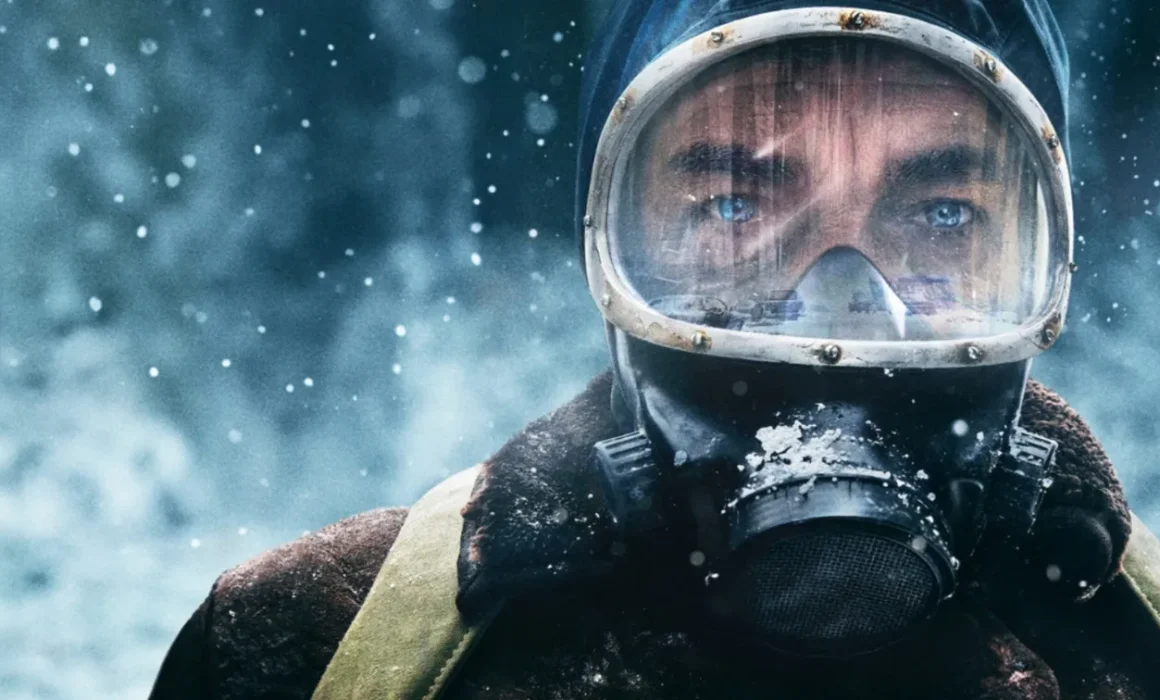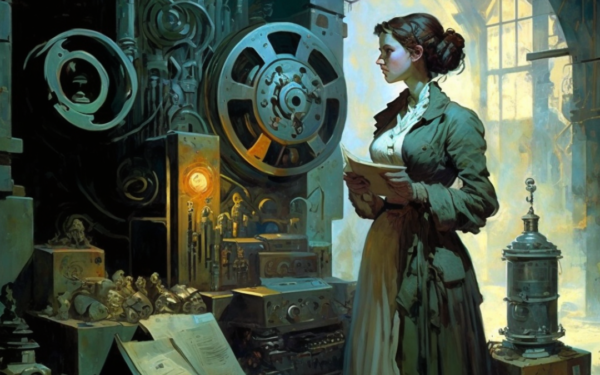Interviews zu Wurmlöchern in der Science Fiction
Ich habe beim SWR Kultur im Matinee ein Interview gegeben und über Wurmlöcher und die Faszination der SF mit ihnen gesprochen.
Und das ganze gibt es sogar noch ein zweites Mal in länger auf WDR bei Quarks













